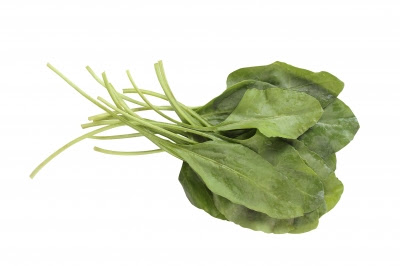Who needs to be tested for kidney disease? What are the causes of kidney disease?
I often get the question, "hey doc, do I need to be tested for kidney disease"? The answer would depend on whether you have the risk factors to develop serious kidney disease. Kidney disease is often called a "silent killer", because all too often, patients do not have any symptoms, period. A common misconception is that if you "make urine", your kidneys are healthy. This is not true. As you might have noticed in my previous post , the amount of urine you make is not necessarily considered a valid test of your kidneys' function. In fact, I personally have a lot of patients who are on dialysis due to kidney failure; yet they continue to pee out a liter of urine daily! I will talk about the symptoms of kidney disease later, but for now let's focus on who needs testing; knowing that you may or may not have the relevant symptoms.




